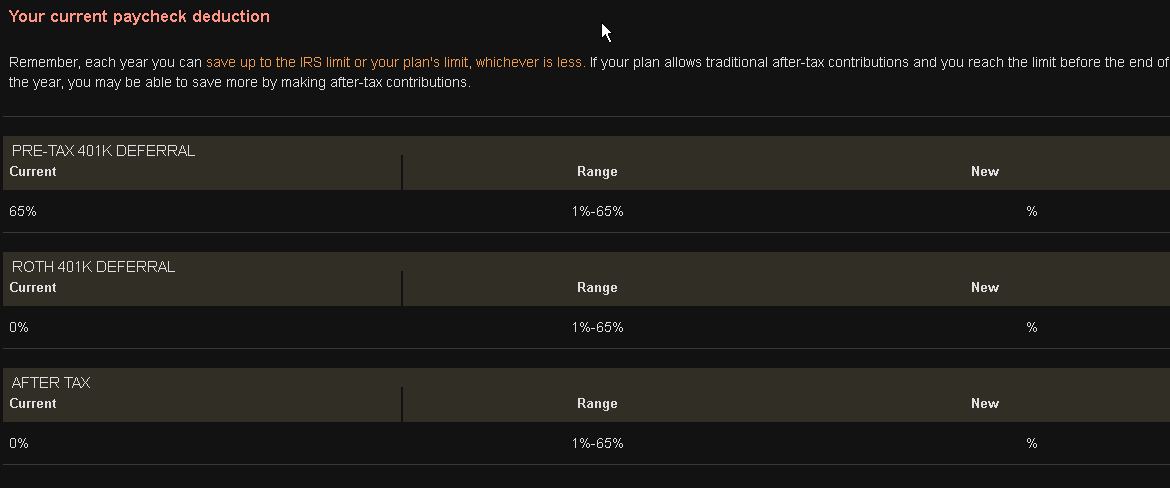tl;dr: The only possible reason to prefer after-tax is answered by OP in another question from years ago.
To answer your title question:
Is there any upside to contributing to the after-tax 401(k) instead of the Roth 401(k) via paycheck deduction?
No*. In fact it's the opposite. It's the same concept as after tax contributions to a Traditional IRA. There is absolutely no good reason* to make after-tax contributions to a Traditional IRA or 401(k) instead of their Roth counterparts, if you are still able to contribute to a Roth. In the case of an IRA, income limits prevent some people from being able to directly contribute to a Roth IRA, so they may elect to do after-tax contributions to a Traditional IRA. In the case of a Roth 401(k) there are no income limits, so you would always* want to max out the Roth 401(k) contribution first in lieu of after-tax contributions, and then make additional after tax contributions if you wish to.
The reason having money in a Roth 401(k) is probably always* better than having it in a Traditional 401(k) as after-tax contributions, is because within the Traditional all growth is taxable, versus not taxable in a Roth. This is true for both an IRA and 401(k).
Of note is that whenever you have after-tax contributions sitting in either a Traditional IRA or 401(k), the goal should be to move that money into its Roth counterpart ASAP. As soon as you do so the growth is no longer taxable. With a Traditional IRA you always have full control and can move it anytime (perhaps after 1 day for clearing). With a 401(k) typically you can't move it until after you leave the employer, however, some employers do allow in-plan conversions from after-tax Traditional 401(k) to Roth, and if you have that option I would consider taking advantage of it as soon after the contributions as possible. Though first I'd confirm how often you are allowed to convert; if it's limited you may want to wait until you have more to convert before pulling the trigger.
The fact that you can convert after tax contributions (and its growth) to a Roth at some point in the future is one of the big advantages over just investing on your own outside of the 401(k). Even if you never converted it over to a Roth, a second, lesser advantage, is that you won't have to deal with taxable events on those funds until you retire.
*The only possible reason I know of when after-tax might be preferred, is a wrinkle found (by OP) in another question. If you were over-contributing beyond your means and you thought there might be a chance in the near future that you'd need to take that money back out, it appears that withdrawing after-tax contributions can be done without the 10% penalty, even if you are under 59.5 years of age. In a sense, you could use the after-tax contributions to a Traditional 401(k) as an emergency fund.

